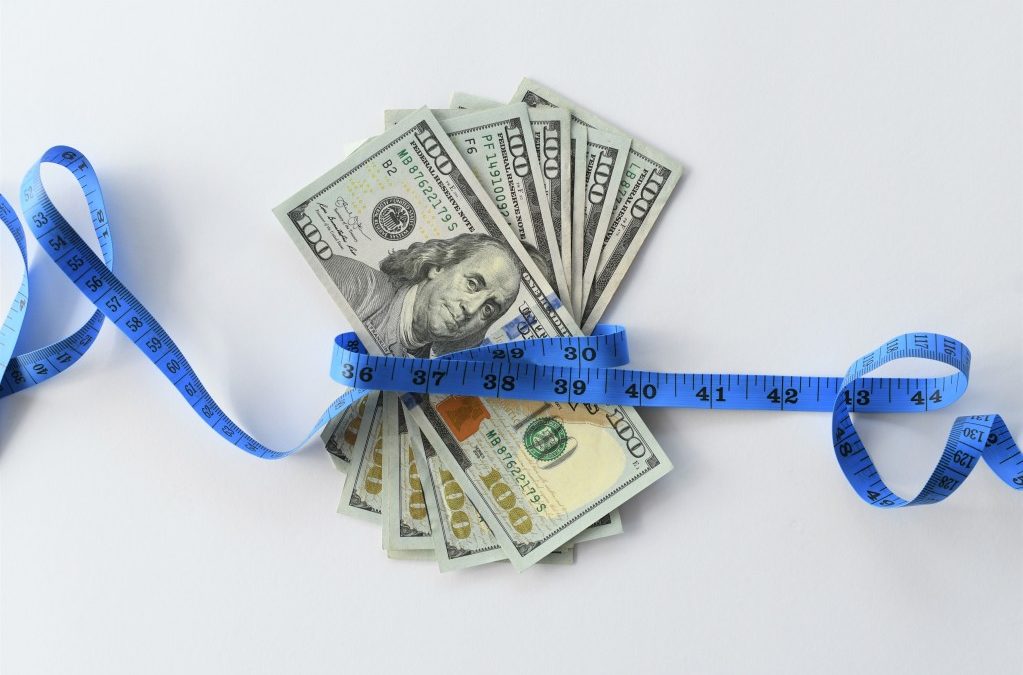“Never before has the NBER (National Bureau of Economic Research) so quickly designated the onset of a recession.” – CNN
The coronavirus pandemic has upended every aspect of modern life, and it has now officially ended the longest period of economic expansion in American history, 128 months.
In making this announcement, the NBER, a nonprofit group that tracks economic cycles in the United States, cited the “unprecedented magnitude of the decline in employment and production, and its broad reach across the entire economy.”
While some financial experts express some optimism even with so many looming unknowns, the recession declaration is a significant blow for an economy that was at its best in decades earlier this year.
When will the economy recover?
According to the Pew Research Center, workers in all but one age group saw their unemployment rate climb into the double digits in May due to the COVID-19 outbreak. Nationwide unemployment peaked in April at 14.7 while dropping slightly to 13.3 in May.
The global economy will likely see its deepest recession since World War II, according to a World Bank forecast. Global output will shrink by 5.2 percent in 2020, the institution said.
Some economists, however, believe the recovery has already begun, including Matthew Luzzetti, the chief U.S. economist at Deutsche Bank Securities.
“We’ve already seen signs that the economy is past the trough and is in the recovery phase,” said Luzzetti to the New York Times.
Mike Fratantoni, Chief Economist at Mortgage Bankers Association expressed similar sentiment in an interview with Bankrate.
“The sudden stop the economy experienced in March and the magnitude of the downturn are unprecedented,” said Fratantoni. “The second quarter is most certainly going to be one of the largest contractions in history. While we do expect growth to rebound relatively quickly, the depth to which payroll employment has fallen and the hangover from social distancing will likely keep third quarter growth in negative territory, before economic activity resumes more robustly in the fourth quarter. All this also hinges on broader public health measures to slow the spread of the coronavirus.”
Bloomberg economist Eliza Winger said while the economy is showing signs of recovery, an economic turnaround could take time.
“Challenges will remain in bringing back workers and restoring the economy,” Winger told Bloomberg News.
How you and your business can survive a recession
With so much uncertainty around how this public crisis will continue, you need sound, practical steps to weather the financial storm the pandemic has caused. Here are five simple tips from our team of accounting experts to keep you and your business growing.
- Reserve cash: Even if your business is recovering, this is not the time for new investment into anything that can be put off or delayed. The reality is the state your business currently is in does not necessarily mean it will continue on this path even a few months from now as many public health officials are warning of a spike in new infections as states have already started to reopen. So, conserve as much cash as possible. A conversation with your CPA or bookkeeping service will be helpful in having a better understanding of how much money you may need to set aside.
- Protect cash flow: If there is an area of your business thriving, lean into it. With the aforementioned historic unemployment rates, take advantage of areas where you’re still generating income. This is also an area that can change quickly depending on what new government regulations come from the coronavirus as the year progresses, or, of course, the looming potential for a spike in new cases.
- Control expenses: Even down to choosing some less expensive K-cups for your break room, find any way possible to cut down on unnecessary spending. Those cuts will quickly add up, and you may find you don’t miss those things you have eliminated.
- Evaluate the current state of your business: While so much hurt, problems, and challenges have come from crises, there can also be opportunities that would otherwise not be available. This is a time to evaluate the state of your business to determine what areas need to be maximized or what can be left on the cutting room floor. Advice from your CPA will go a long way toward confidently making sound financial evaluations.
- Use this time for innovation: This can be an incredible opportunity to look at your industry as a whole and find new ways to capitalize on an area of need that may not have existed just a few months ago. Everything about this pandemic is unprecedented in modern life because most of our American economic structures are not built with this situation in mind. That means there are many new ways where you can position yourself as an industry or market leader in whatever our new normal may eventually become.
Reliable financial and accounting guidance
It’s difficult to keep up with how the world is continuing to change as we collectively fight the spread of COVID-19. You need a partner to work with you who understands how new changes will affect the unique needs of your business or profession.
While we can’t predict the future of the crisis from a health perspective, Lawhorn CPA Group can provide the guidance and expertise to empower you to make decisions that continue growing your business or your career. Even in an unstable business environment, Lawhorn CPA Group is continuing to lean on its 40 years of experience helping clients get the answers they need during times of crisis or impactful change. Contact us via our website contact form, by emailing infocpa@lawhorncpa.com, or by calling (865) 212-4867 to get the expert advice you need today.

